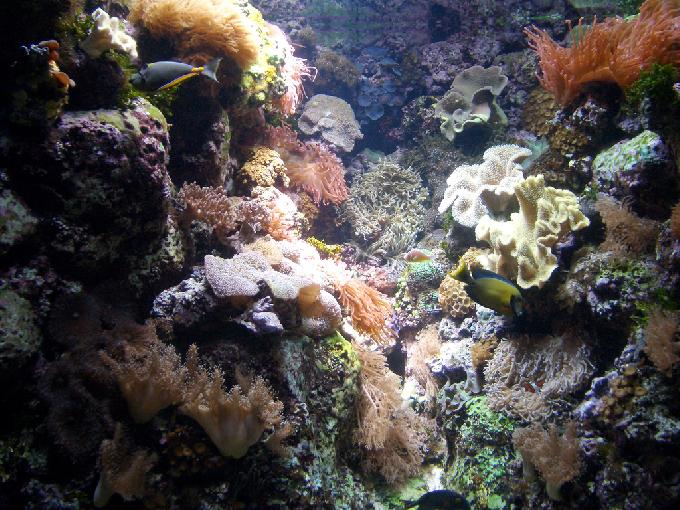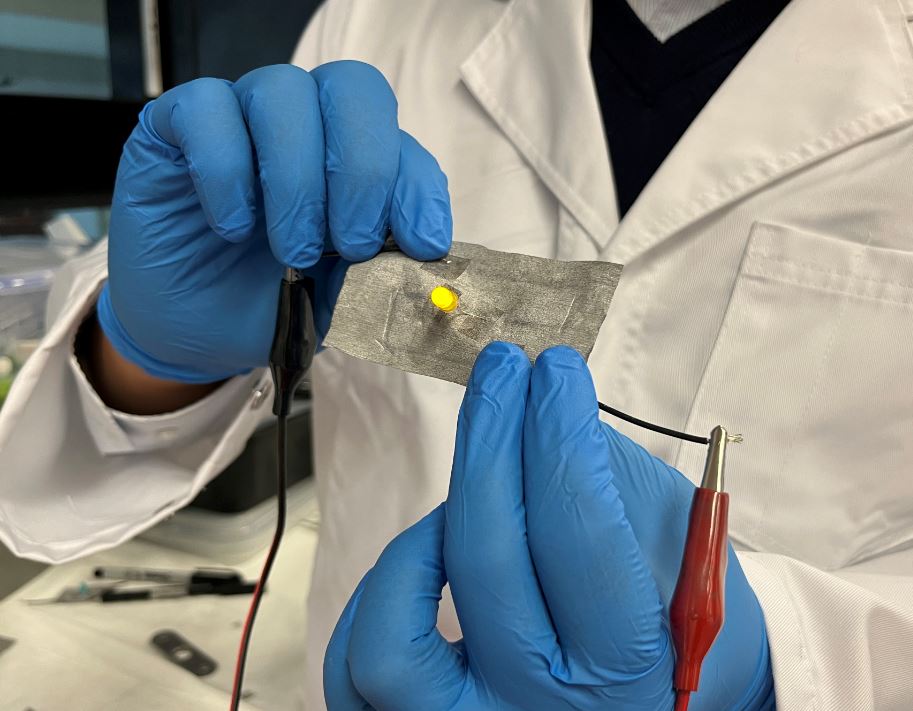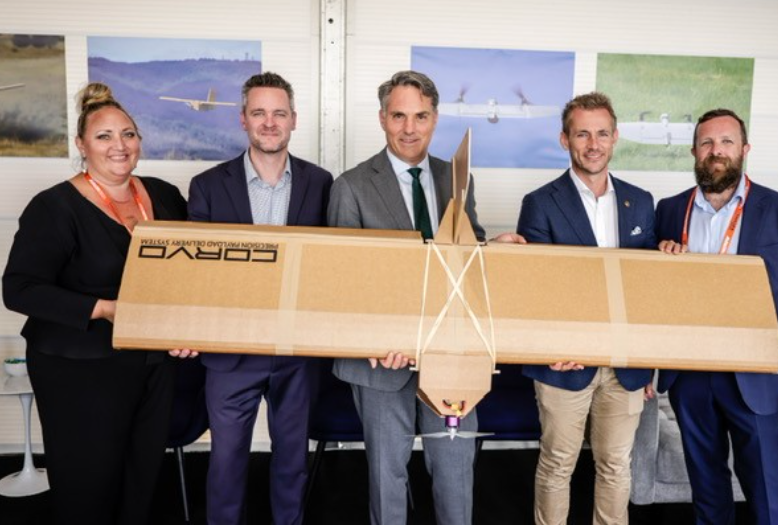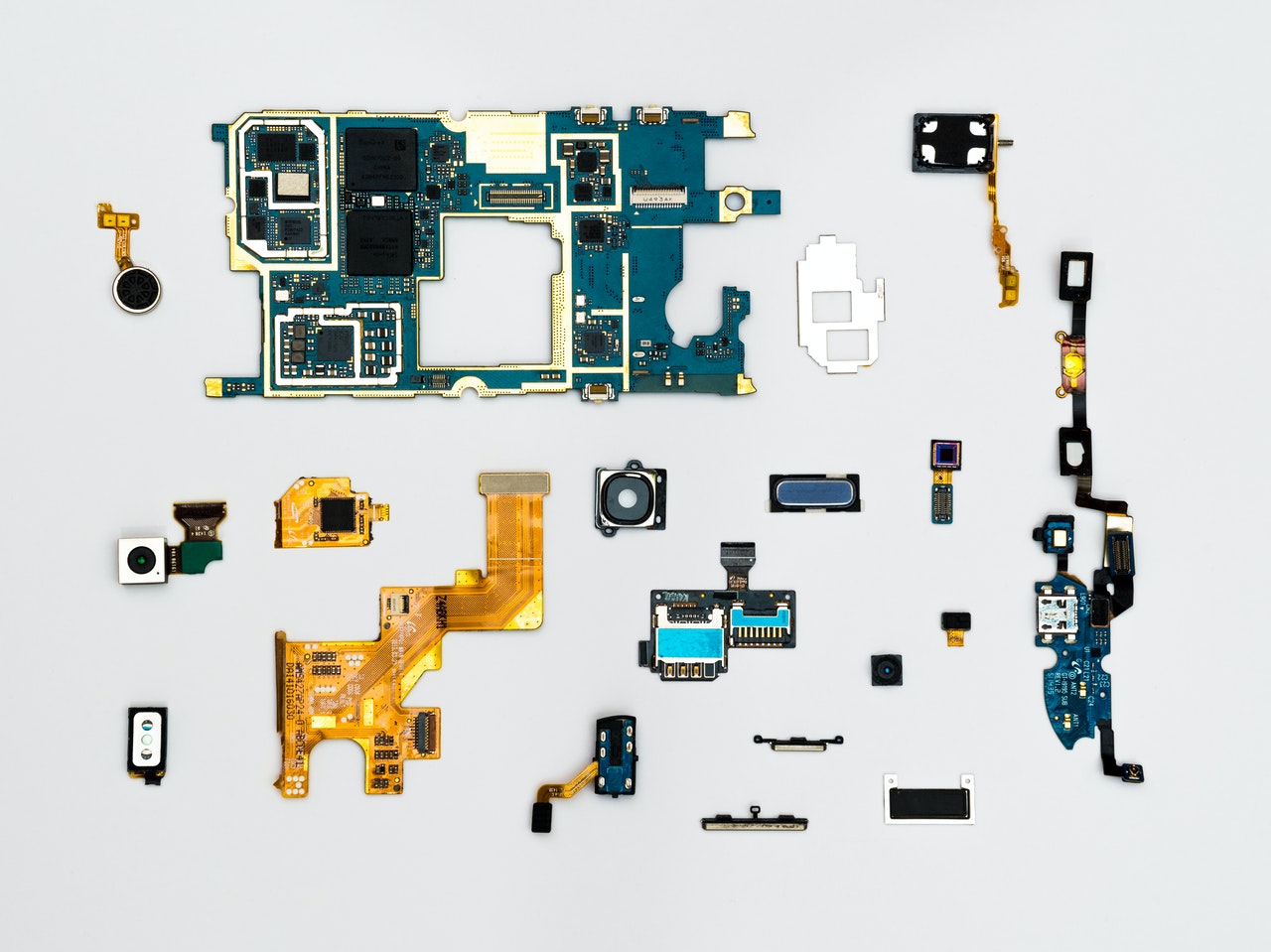The problem of plastic pollution is severe. Each year, about 8 million tons of plastic end up in our oceans. And thousands of marine animals are killed after ingesting plastic or getting entangled in it.
Now, a study by researchers from Duke University in Durham, N.C., suggests another disturbing fact. In lab experiments, they found that corals, the organisms that make up reefs, are eating plastic debris because they mistake it for prey. As the tiny animals don’t have eyes, researchers feel that the chemical additives in the plastic may be acting as a feeding stimulant, which is making the plastic taste good to the corals.
Austin S. Allen, a Ph.D. student at Duke’s Nicholas School of the Environment, said, “Corals in our experiments ate all types of plastics but preferred unfouled microplastics by a threefold difference over microplastics covered in bacteria. This suggests the plastic itself contains something that makes it tasty.”
Alexander C. Seymour, a geographic information systems analyst at Duke’s Marine Robotics and Remote Sensing Center, said, “When plastic comes from the factory, it has hundreds of chemical additives on it. Any one of these chemicals or a combination of them could be acting as a stimulant that makes plastic appealing to corals,”
Corals are already threatened due to warming of the oceans and pollution; scientists don’t know how plastic consumption is harming them. Scientists fear that as plastic is largely indigestible, it can disrupt their digestive process or create a false sense of fullness, which can reduce energy reserves in corals.







